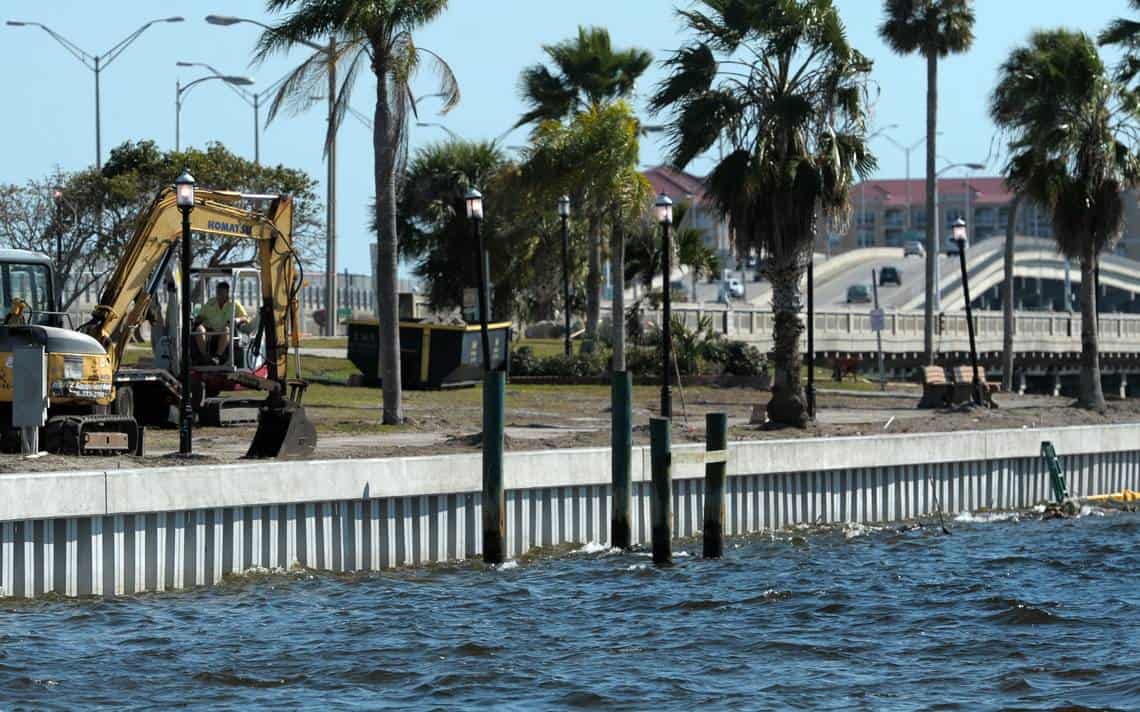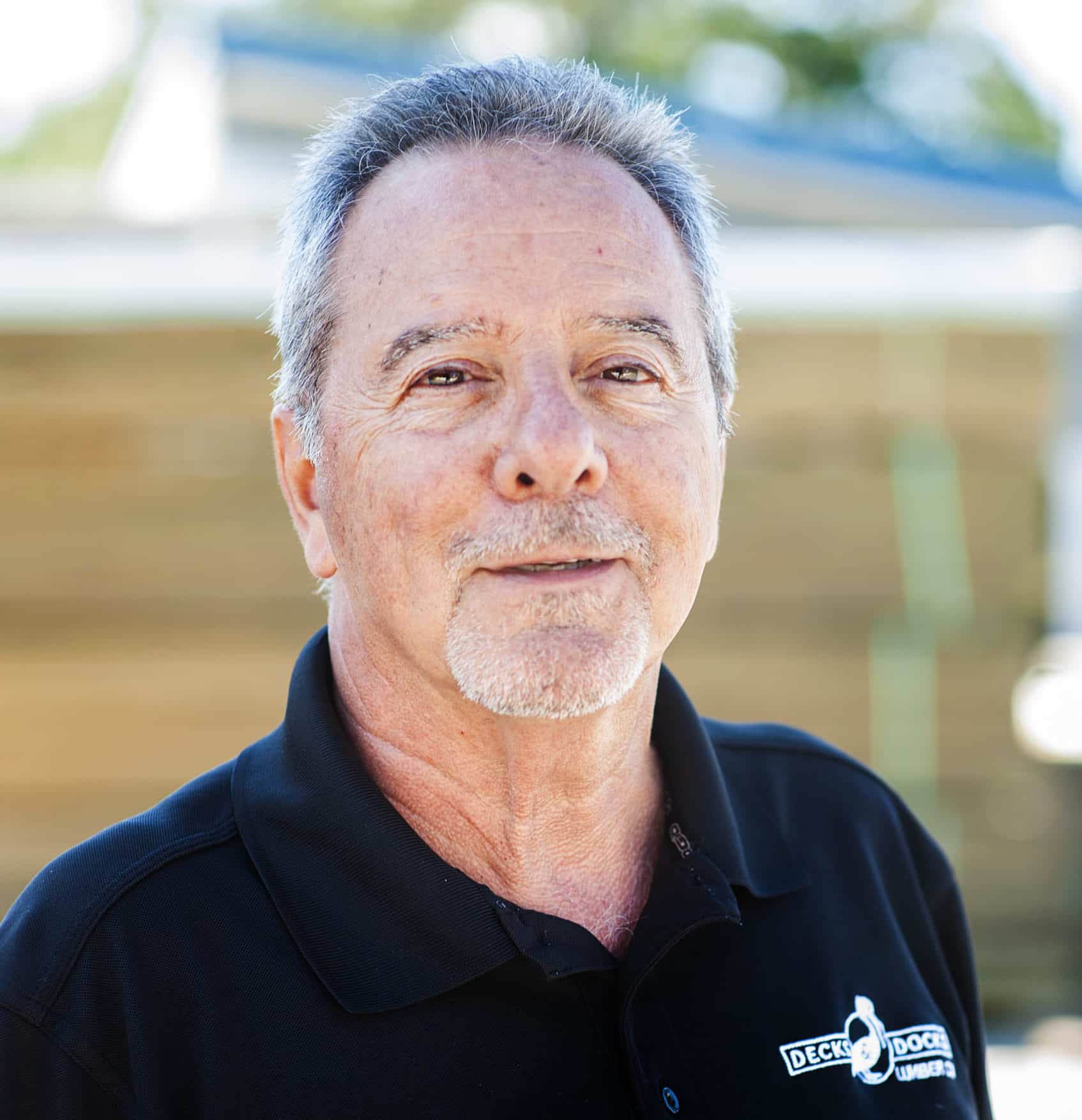
6 Important Questions to Ask Before Building a Seawall
If part of your land borders a body of water or you are thinking of building a dock, it’s time to consider whether you need a seawall.
What is a Seawall?
A seawall is a barrier designed to prevent erosion, flooding, or other types of damage or encroachment from a body of water. It can help protect your land as well as any structures close to the water such as a deck or dock. Seawalls are especially useful for those who live on waterfront properties along canals and bays.
If you find that you are a property owner losing some land due to wave encroachment or that waves are causing damage to your land or structures, a seawall should be considered. Many homes along Florida’s canal feature seawalls to help minimize erosion from the wakes left by water vehicles.
For those looking to add a dock to their property, or a waterfront deck, consider the stability of the land you will be building on. If the land is weakened by water over time, this can cause damage to your structure and weaken it. Most structures built close to a body of water will benefit from building a seawall.
Here are some questions to ask before building a seawall.
Ask These Questions Before Building a Seawall
1. Is my land experiencing erosion?
Take a walk by the perimeter of your land. Does it look like chunks have been washed away or fallen into the water? Make sure you do a thorough check, as it’s important to consider the stability of your land before starting construction. If you notice your land is weakened by water over time, building a seawall may be a good idea.
2. Is my area prone to flooding?
Have you experienced flooding due to rain or high tide? If this is a frequent experience, installing a seawall can protect your property. Vegetation or a rip-rap seawall constructed from rocks and sandbags may be sufficient for smaller areas with minimal erosion or flooding. If you have major flooding issues in your area, a larger wall may be necessary for more shoreline protection.
3. How high is the water level?
If you live next to a shallow body of water or have property along a deeper canal, marine construction options may vary. Many Florida homes along the canal and shoreline have seawalls installed to help minimize erosion from the wakes left by water vehicles.
4. How long will my seawall need to be?
Your seawall may be limited by your property line or it may be smaller depending on how much of your land is affected by the water. Measure the area you believe you will need to build along to determine the length. This number may come in handy when consulting with contractors and determining whether you need a permit.
5. What are the seawall regulations for my area?
To determine if any statutes or regulations limit the construction of a seawall, you’ll need to visit your town or city’s website. Some government sites may clearly spell this out, whereas others may require a phone call. You can learn about the permits you will need to build a seawall in Tampa here.
Permitting aims to ensure that seawalls are built safely, not only for your family but also for your neighbors and area wildlife. Some areas will require additional permitting for a local environmental agency, as Tampa does.
6. Which materials are best suited for my area?
Seawalls can be built from a multitude of materials. If your town or city requires particular permits, they may also limit what materials can be used. Concrete is one of the most commonly used materials. Wood and steel can also be used in some places, as can fiberglass composite and even sandbags. One popular material is vinyl sheet pile. Durable and strong, vinyl seawalls effectively fight against erosion and flooding.
Once you’re equipped with this info and the necessary permits, you can begin construction on a seawall or start your search for a suitable contractor.
To learn more about how to build a seawall, or how a vinyl seawall can help protect your property, visit our website.
- About the Author
- Latest Posts
Dan has worked for Decks and Docks for over twenty-five years. He managed the original Decks and Docks store in St. Pete, which is our largest store. Dan is simply the best all around. He knows more about this company and our products than probably anyone else. Dan currently works in Sales at our corporate office.
